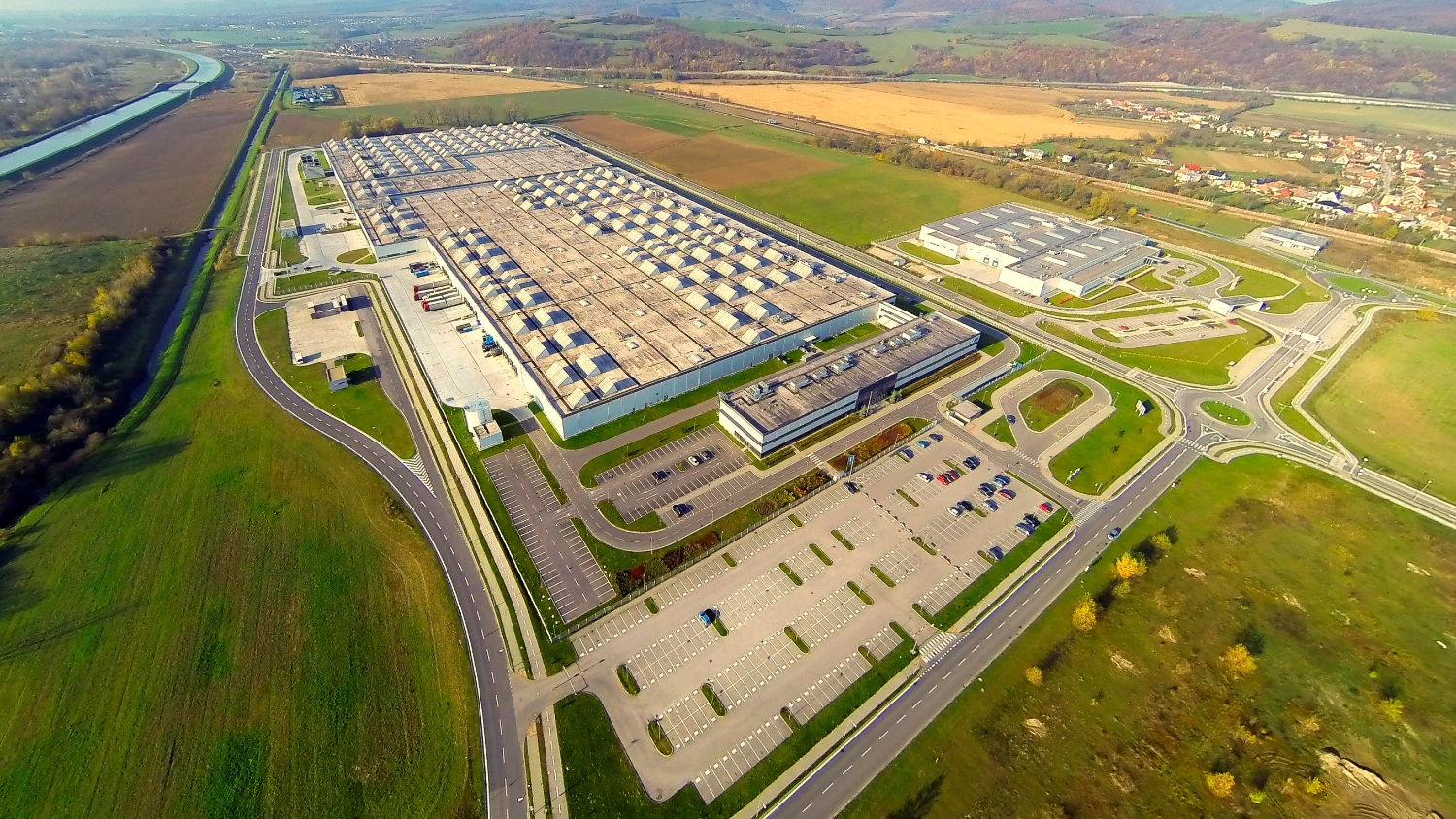The consultancy distinguishes between transition risks, linked to regulatory and market changes, and physical risks, such as extreme weather events. Both are reshaping investment decisions, valuations and property management strategies. “Assets resilient to the impacts of climate change are gaining in value, are more frequently chosen by tenants and investors, and more easily meet ESG requirements, which are increasingly a prerequisite for financing,” said Katarzyna Lipka, Head of Strategic Consulting and ESG Advisory at Cushman & Wakefield.
Analyses of selected Polish locations identified high temperatures and heatwaves, heavy rainfall and, to a lesser extent, low temperatures as the most common risks. Local risks include strong winds, floods, landslides and coastal erosion. “Low temperatures remain a significant risk today, but their impact is gradually diminishing, while heatwaves are increasing in intensity and could have major implications for asset management by 2050,” said Julia Faltus-James, ESG Services Manager at Cushman & Wakefield.
The firm highlights the need for continuous climate risk assessments throughout the lifecycle of logistics and industrial assets – from acquisition and planning to management and divestment. For investors, this means analysing exposure before purchase, integrating climate scenarios at the design stage, and preparing mitigation strategies before sale. For tenants, site selection, operational planning and portfolio management should also incorporate climate risks.
Ignoring these risks, the firm notes, does not eliminate them. With EU Taxonomy requirements and growing investor awareness, buildings' resilience to climate impacts will increasingly determine their value and competitiveness in the years ahead.













